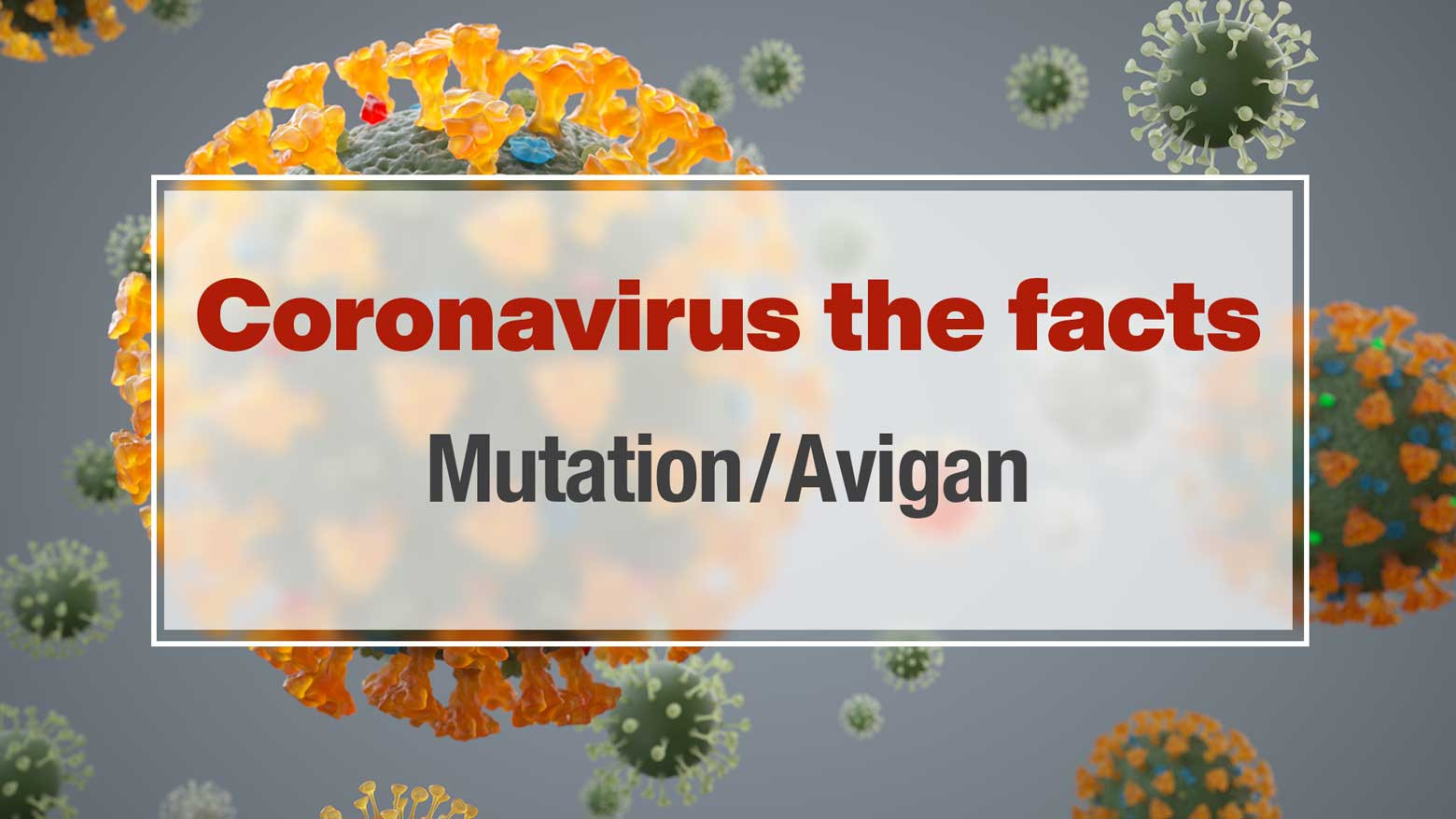This is part 7 of our coronavirus FAQ. Click here to read the other installments: #Coronavirus the facts. Find the latest information and answers from experts on everything COVID-19.
Q: Does the coronavirus mutate?
Professor Ito Masahiro of Ritsumeikan University’s College of Life Sciences has been studying the coronavirus. He says the virus seems to easily mutate and undergo changes as it spreads through people.
But on the possibility that the virus mutates into something that is even more easily transmitted, Ito says its genetic makeup has not changed considerably at this stage.
Q: Are there different types of the virus?
In early March, a group of Chinese researchers analyzed the genes of the virus from more than 100 patients around the world. They found differences which they characterized as falling into two types: the S-type and L-type.
The group found the S-type to have a genetic makeup similar to the coronavirus found in bats. Meanwhile, the L-type was most prevalent among patients from European countries. It is believed to be a newer form than the S-type.
Ito says there is not enough information yet to know which of these two types leads to more severe symptoms. He says while the virus’s severity and fatality rate differ by country, he believes these variations are a result of the differences in a country’s population, such as the proportion of people who are elderly and the dominant dietary patterns.
Data used here is accurate as of April 3, 2020.
Q: How effective is Avigan for treating the virus?
Avigan, also known as Favipiravir, is a drug used to treat influenza. It was developed six years ago by a Japanese pharmaceutical company. Side effects have only been confirmed in laboratory tests on animals, so the Japanese government has yet to approve its use on some people, including pregnant women.
It will be administered to treat coronavirus patients only in cases that have been approved by the government.
Currently, there are no drugs known to be effective in treating the coronavirus. But many scientists expect Avigan will be effective as it is used to treat influenza viruses that multiply in similar ways to the coronavirus.
Q: Are clinical tests being conducted on Avigan?
Studies on the efficacy of Avigan are underway around the world.
The Chinese government announced the results of clinical research conducted at two medical institutions, including a study involving 80 patients in Shenzhen City, Guangdong Province. Those who were treated with the drug took a median number of four days to test negative. Those who were not treated with Avigan took 11 days. X-rays showed the lung condition of 91 percent of those who took Avigan improved, compared to only 62 percent of those who did not take the drug.
The results prompted the Chinese government to officially include Avigan as one of the drugs to be used to treat the coronavirus.
Q: How is clinical research progressing in Japan?
Clinical research involving 80 patients with mild symptoms or who are asymptomatic has been underway at the Fujita Health University Hospital in Aichi Prefecture since March.
Meanwhile, the company that manufactures Avigan has announced it has started clinical trials. If it can confirm the drug’s effectiveness and safety, the firm says it plans to apply for government approval.
Data used here accurate as of April 6, 2020.
